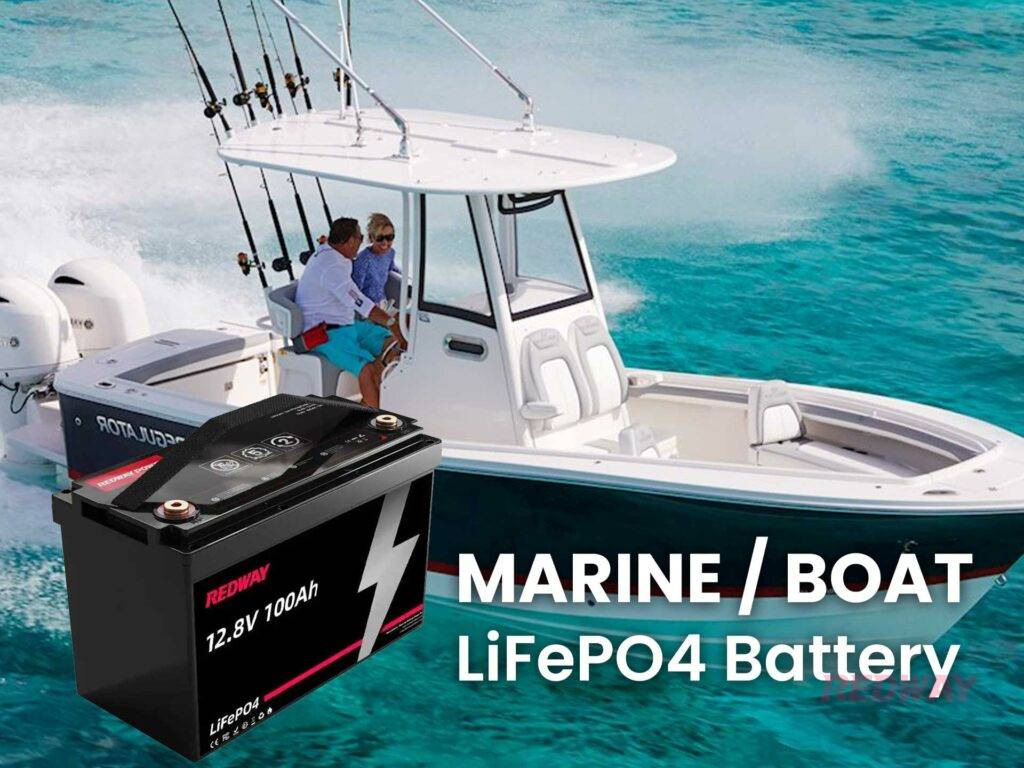In a significant announcement accompanying its latest quarterly financial results, Tesla revealed a pivotal shift in its power battery technology for the standard range version of electric cars. The company is opting for lithium iron phosphate (LiFePO4) electrodes, a move designed to bolster the profit margin of its electric vehicle lineup. Notably, this strategic transition is specific to the standard range variants, while the long-range versions will continue using nickel-cobalt-aluminum (NCA) lithium batteries.

#post_seo_title
Advantages of LiFePO4 Batteries
This move aligns with Tesla’s commitment to innovation and cost-efficiency. LiFePO4 batteries offer distinct advantages, including cost-effectiveness, enhanced safety features, and a more stable performance profile. Significantly, these batteries eliminate the use of nickel or cobalt, contributing to both cost savings and improved safety in electric vehicles.
Global Implementation and Preceding Indicators
Tesla’s adoption of LiFePO4 batteries is not entirely new, as its electric vehicle factory in Shanghai, China, has been incorporating this technology. The Chinese market, along with the Asia-Pacific region and Europe, has already witnessed the successful implementation of LiFePO4 batteries in Tesla’s electric vehicles. Industry reports suggest that approximately 95% of the world’s LiFePO4 batteries are manufactured in China.
The shift to LiFePO4 batteries had been foreshadowed in September when Tesla sought feedback from U.S. customers who had ordered a Model 3 electric car. The company inquired about the customers’ comfort level with a Model 3 powered by LiFePO4 batteries. This move is particularly noteworthy as Tesla has predominantly used conventional nickel-cobalt-aluminum lithium batteries for its North American Model 3 electric vehicles.
Industry Insights and Collaborations
Industry experts, such as Sam Abuelsamid from Guidehouse Insights, acknowledge the strategic nature of Tesla’s decision. While LiFePO4 batteries may have a lower energy density compared to other alternatives, their cost advantages and increased safety make them an intelligent choice for maintaining profit margins without necessitating a rise in sales prices.
Taylor Ogan, CEO of Snow Bull Capital, emphasizes the notable benefits of LiFePO4 batteries. Ogan highlights their cost-effectiveness, safety features, and extended recharge capabilities, addressing concerns related to performance degradation over time. Additionally, LiFePO4 batteries contribute positively to waste recycling, mitigating ethical concerns associated with raw material mining for other lithium battery technologies.
Collaboration with CATL and Future Implications
Reports indicate that Tesla has entered into an agreement with CATL, a prominent Chinese LiFePO4 battery manufacturer, for the procurement of lithium batteries. This collaboration underscores the growing significance of LiFePO4 technology in the electric vehicle market.
In conclusion, Tesla’s strategic move towards LiFePO4 batteries for standard range vehicles marks a significant decision balancing innovation, cost-effectiveness, and sustainability. As the electric vehicle industry continues its evolution, such transitions play a pivotal role in shaping the future landscape of energy storage and automotive technology.




